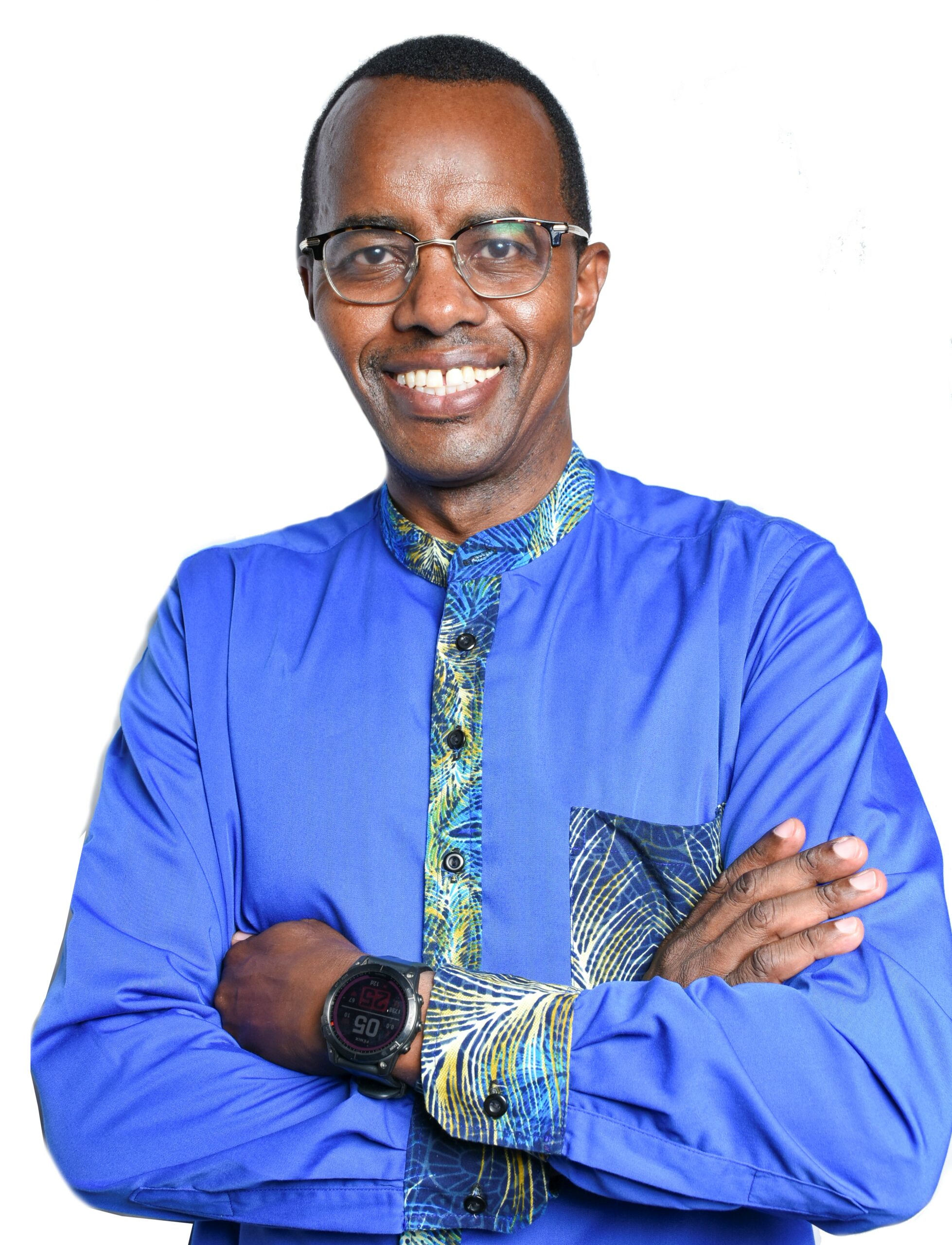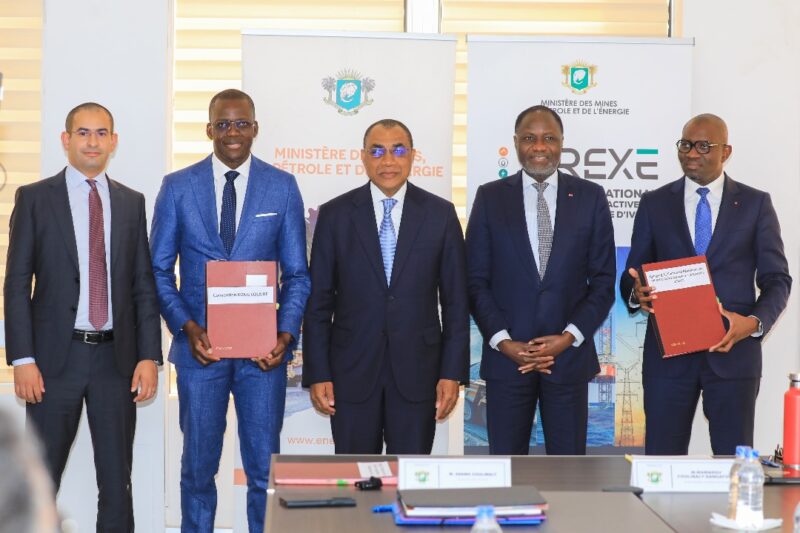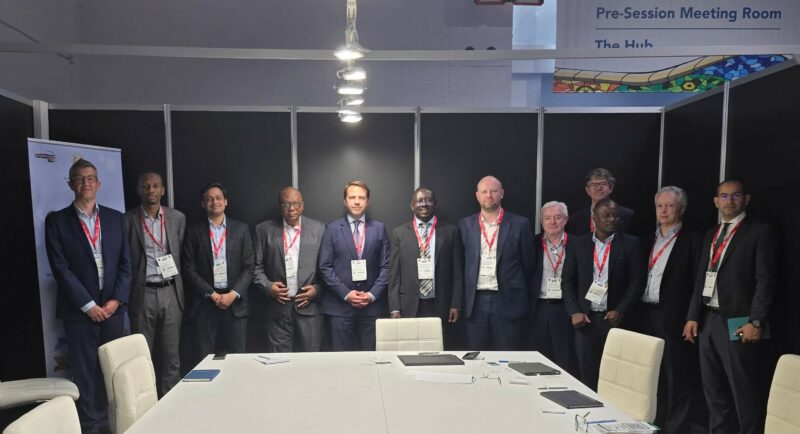Market Insights: Electric mobility – driving impact in new African markets.
6th Dec 2023 | Leave a comment | By James Wakaba
As a senior asset manager with the Private Infrastructure Development Group (PIDG) company InfraCo Africa, my work involves collaborating with our project partners and other stakeholders to embed the highest business integrity and health, safety, environmental and social standards (HSES) across our projects. Ultimately, we want to develop profitable businesses that can attract further investment into challenging markets.
Among the assets that I manage are InfraCo Africa’s two electric mobility businesses – Zembo Electric Motorcycles in Uganda, and Mobility for Africa in Zimbabwe. It is electric mobility that I would like to delve into here as it is an exciting emerging sector and one which we feel has enormous potential in Africa.
Transport challenges on the continent
Since achieving independence in the early sixties, East African countries have largely evolved uncoordinated, private transport systems. Most cars are imported, second-hand, from Japanese and European markets and are often unsuited to African roads where dust and potholes cause vehicles to break down more regularly and to require more frequent maintenance.
In urban centres, there are few dedicated bus corridors, light rail or tram systems and bus companies that existed in the 1970s and 80s have been pushed to the edges by private, individual- or group-owned mini-buses, variously known as Matatus (Kenya) Dala dala (Tanzania) and Taxis (Uganda). These services are characterised by their lack of schedules, cut-throat competition and, often, scant respect for traffic law. In rural areas, there are few scheduled bus services and no rail transport for the most part, allowing informal vehicles to dominate. Two-wheeler transport is a recent phenomenon in both urban and rural areas that picked up in the 2000’s following incentives for ownership.
Most vehicles are driven by internal combustion engines (ICE) which are highly polluting, with exhaust fumes contributing to an increase in respiratory and eye conditions, especially in congested urban areas. Fluctuating global oil prices have seen the cost of petrol rise steadily across East African markets, making ICE-based transport increasingly unaffordable. Besides, ICE vehicles have high maintenance costs as they have many moving parts that require frequent service or replacement.
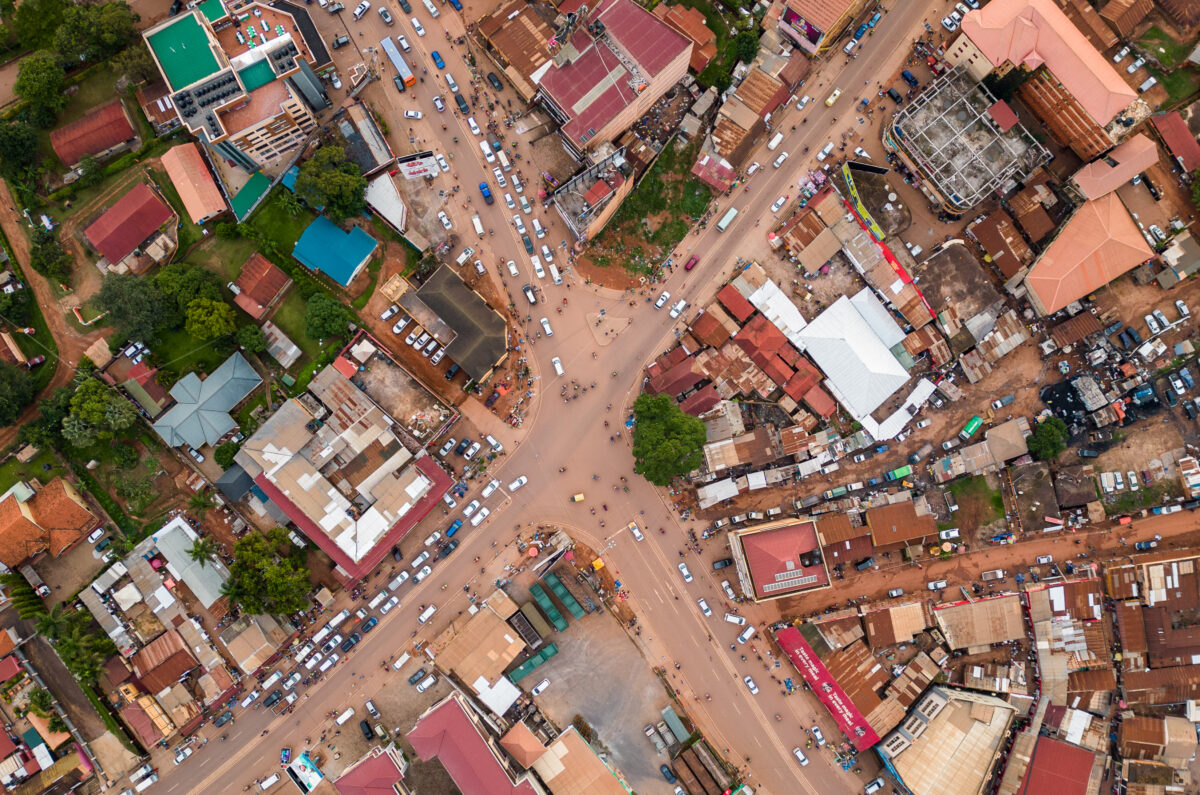
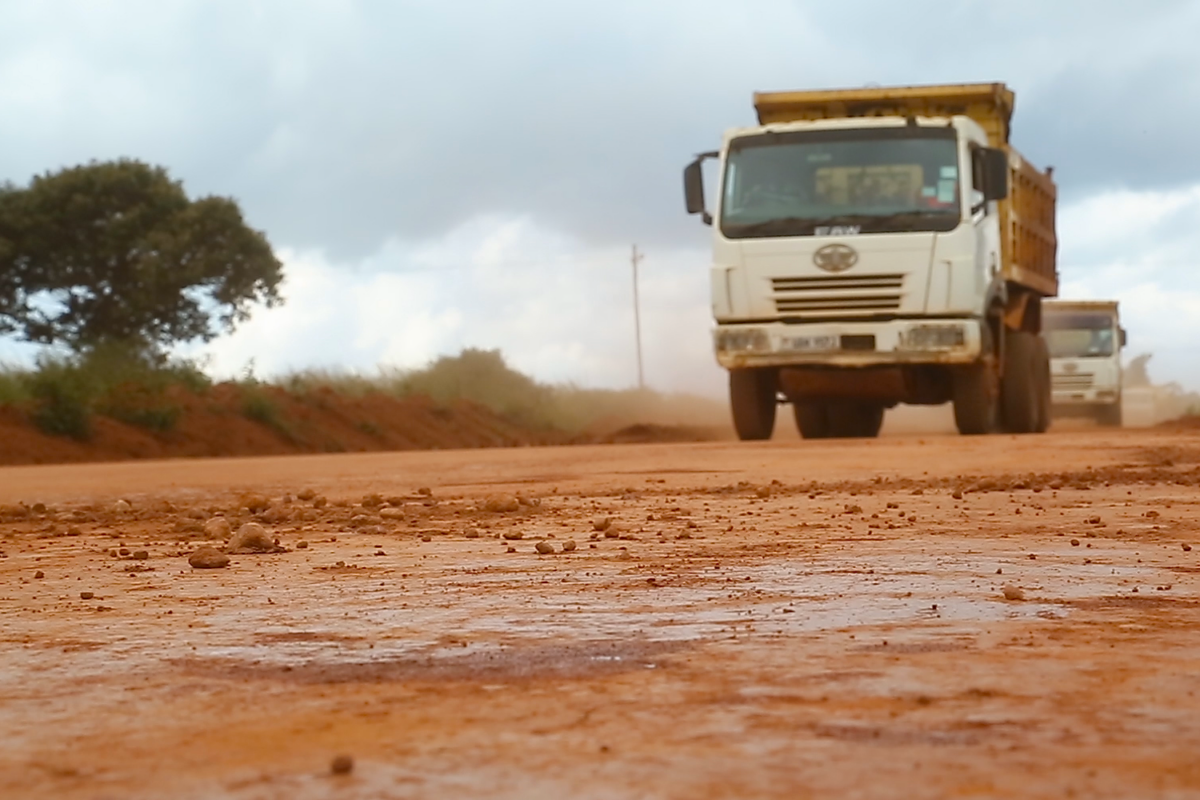
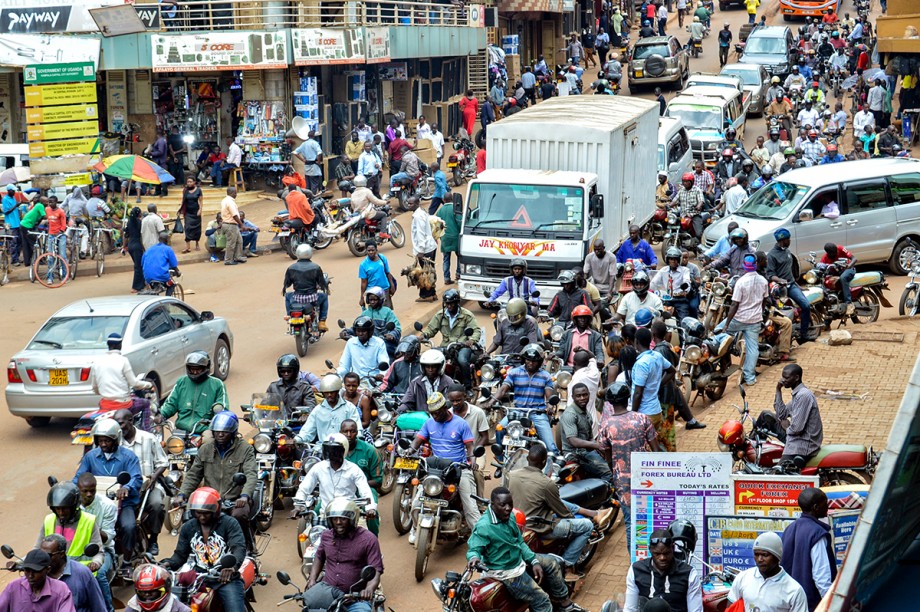
Is electric mobility the solution?
The emergence in recent years of electric vehicles (EVs) in African markets is perhaps unsurprising given the clear advantages that EVs have over ICE vehicles. The expansion of solar-powered battery charging infrastructure and lower maintenance burden means that electric vehicles are cheaper to run than traditional vehicles and do not leave owners vulnerable to fluctuating global fuel prices.
Alongside cost savings, expanding access to EVs has the potential to deliver a range of benefits.
EVs reduce noise and particulate pollution, making cities and peri-urban areas cleaner and quieter. Where electric buses and other large vehicles are deployed, they can significantly reduce congestion whilst driving down greenhouse gas emissions that cause climate change. In places that experience frequent power failures, EVs can be used as backup for critical equipment in clinics, homes, or offices, such as medical equipment, refrigerators, and computers.
In rural areas, where transport is scarce and expensive, EVs can reduce agricultural waste by enabling farmers to swiftly transport their produce from field to market. They improve health outcomes by transporting the sick to hospital and by connecting health services with rural communities. EVs also improve the viability of solar mini grids by increasing productive use of energy. In our experience, two and three-wheeler electric vehicles can also provide access to remote rural areas which larger vehicles struggle to reach due to poor road conditions.
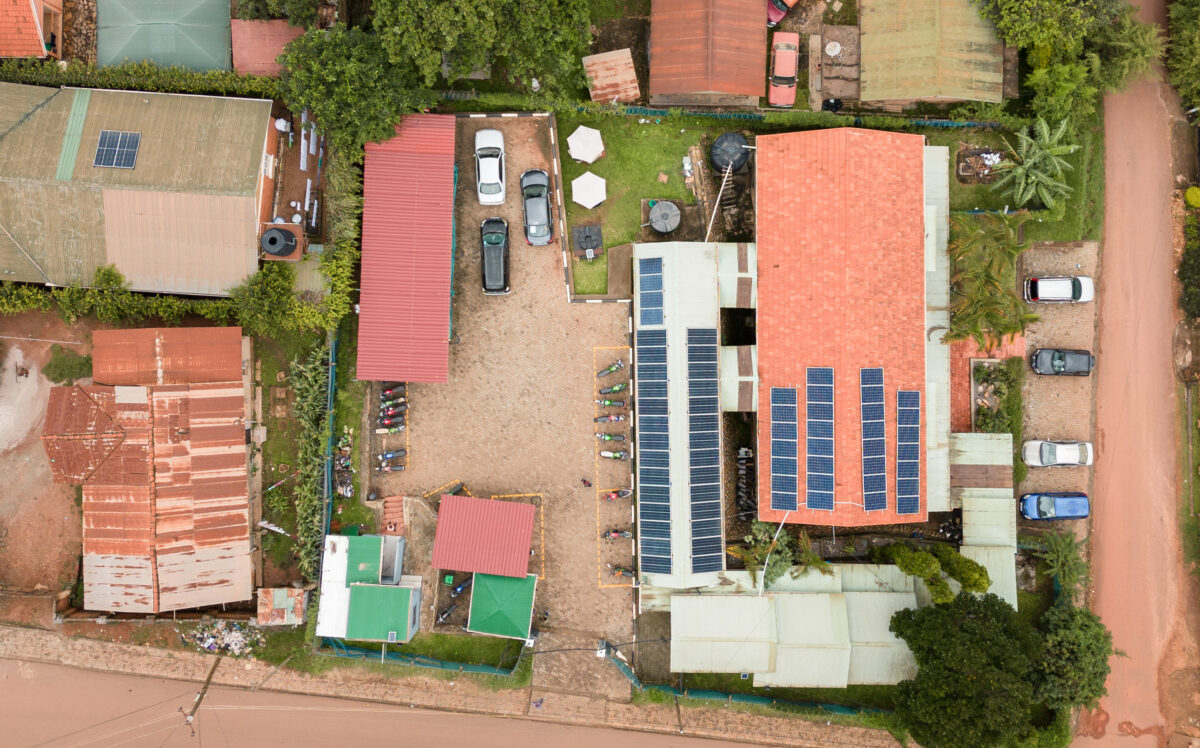

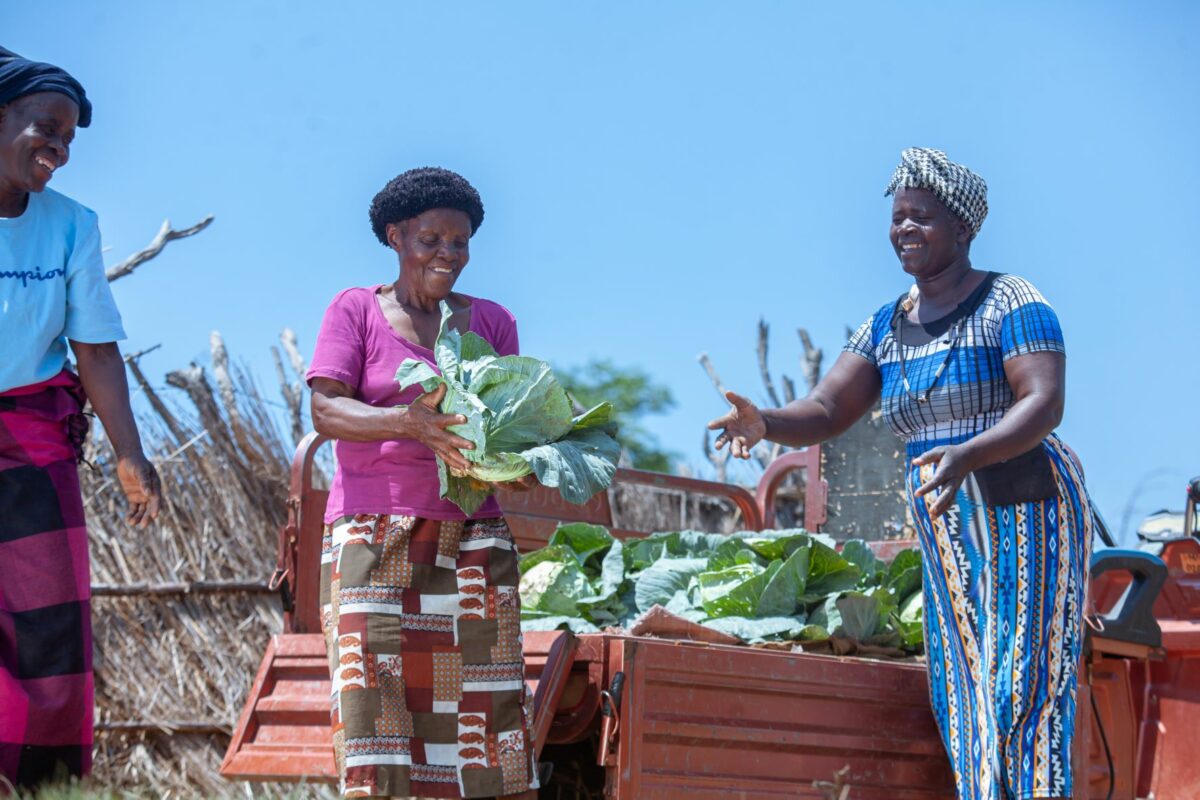
Where does InfraCo Africa fit in?
With the support of PIDG and our Owners – the governments of the UK (FCDO), the Netherlands (DGIS) and Switzerland (SECO) – InfraCo Africa joined the EV revolution in 2020, investing into EkoRent’s NopeaRide four-wheeler ride-hailing service in Nairobi, Kenya. The COVID 19 pandemic significantly impacted the business, suppressing market demand for almost two years, and the company was sadly unable to compete in this challenging new market. This experience has provided us with insights which inform our current investments in the sector. Ride hailing’s success depends on having a sufficiently large fleet to ensure that customers who hail the cab due to its ‘green’ credentials do not get punished by having to wait a long time for the ride to arrive, however, holding such a large fleet on the balance sheet can be challenging for smaller businesses. Having fleet financing partners on board and partnership agreements with institutional off-takers for the service could mitigate this, however, both are difficult to establish in new markets which traditional investors can perceive as being too ‘risky.’
Another challenge for four-wheeler vehicles is their range and the time it takes to charge them. With smaller vehicles, battery swapping enables riders to swap a depleted battery for a fully charged one and continue their journey, keeping passengers and riders moving. Swapping also generates an income for the EV business, it is therefore important to ensure that adequate charging infrastructure is in place across the area of operations and that such swapping is affordable, ensuring competitiveness with ICE alternatives.
Expansion of battery swapping infrastructure forms a key part of our investments into the growth of Zembo and Mobility for Africa. Our commitment entails increasing the overall number of available batteries, ensuring that they achieve their optimal lifespan, and building new grid-connected and off-grid solar-powered charging capacity to maximise the environmental benefits of switching to EV.
Manufacture, assembly, and maintenance
With a nascent vehicle manufacturing industry on the continent, Africa’s EVs are still largely imported. However, importing fully assembled vehicles is expensive and their high carbon footprint runs counter to the drive to combat climate change.
By importing component parts, local assembly and skilled maintenance jobs are being created. This approach also adds value to locally available materials, such as fabric, leather and second-hand iron, copper, and plastics. Local assembly can also ease access to regional markets – the East African Community, for instance, supports local content – and can shorten supply chains, enabling businesses to secure incentives that make their vehicles more competitive.
Both Zembo and Mobility for Africa are focused on training their teams to assemble, maintain and repair electric vehicles, batteries and charging infrastructure, skills which are increasingly sought after in the growing EV and wider renewable energy sectors.
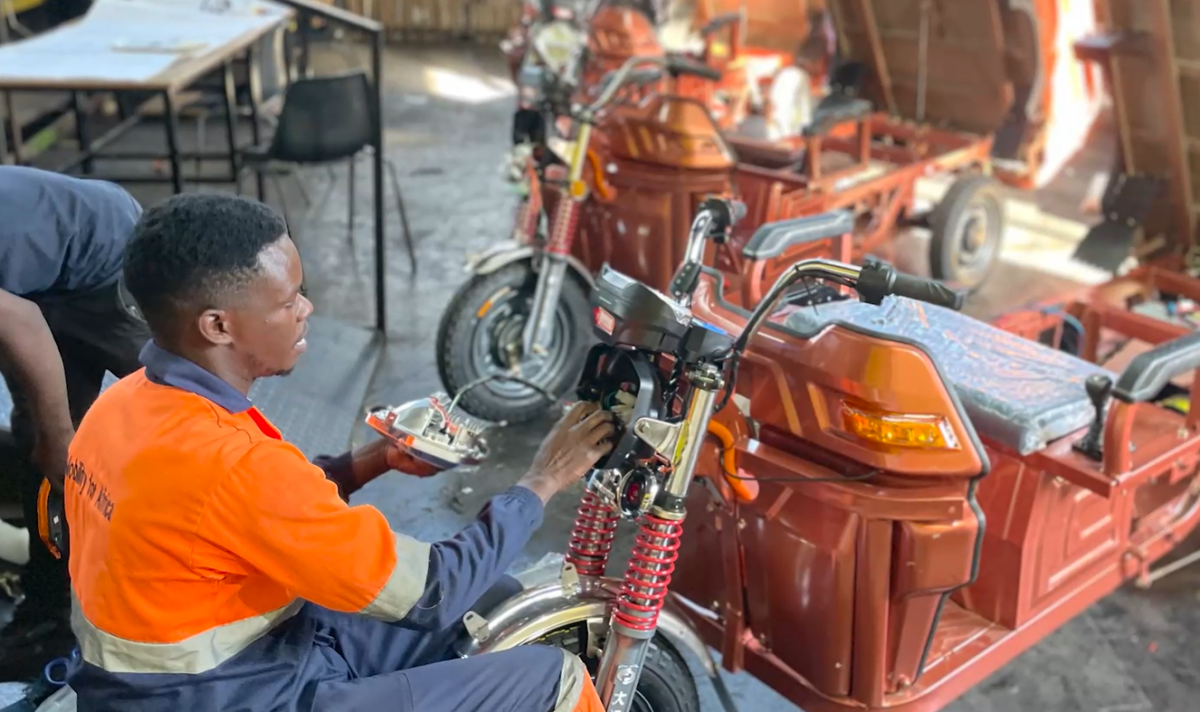
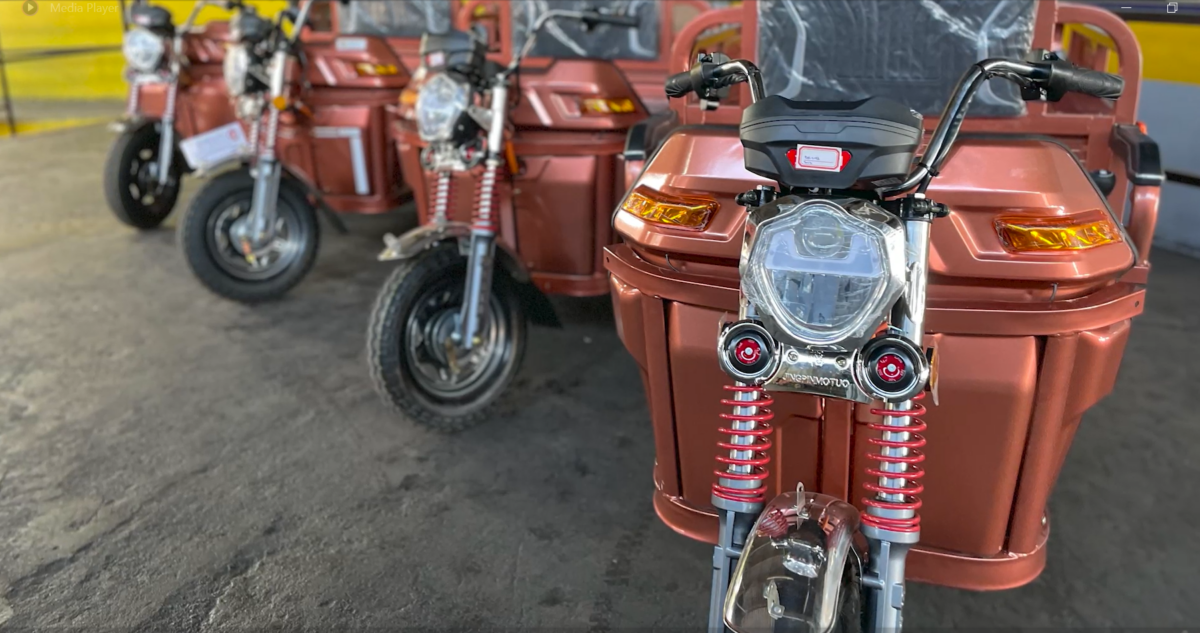
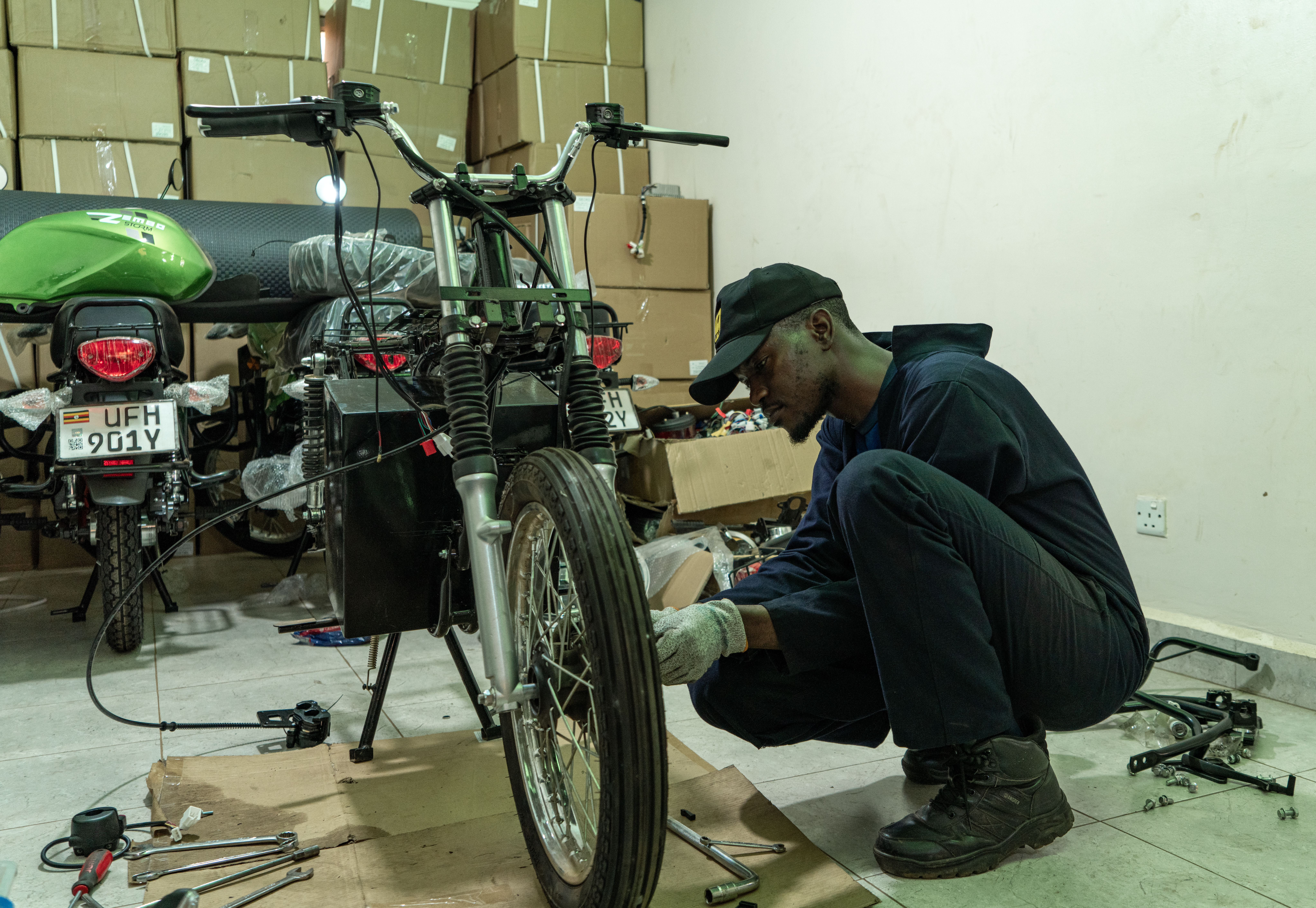
But what about the batteries?
EV batteries can be a thorny topic in the industry, not least the question of how we make them work better, last longer and recycle them to ensure that valuable minerals stay out of landfill. I believe that there has been considerable progress made across the industry and we are working to play our part.
At Zembo, we secured grant funding from PIDG Technical Assistance for research and development to improve the performance of the motorcycle batteries and management systems. The work has enabled Zembo to improve its battery technology and adapt the design of its bikes to minimise the impact of uneven terrain on battery life. The grant has also been used to support development of the company’s HSES practices, driver training and to increase local content.
Battery repurposing is also coming of age, with capability for giving batteries a second and third life before recycling. When its motorcycle batteries fail, Zembo has developed the skills of its battery lab team to identify the issues, repair and recycle battery cells into power banks, inverters, and other new batteries.
Are we standing at a crossroads for clean transportation?
I think that the direction of travel is towards a large-scale transition to EV, both for private transportation and for public transport such as Bus Rapid Transit systems which are now gaining some traction on the continent.[i] Testament to this momentum is the recent announcement by our sister PIDG company, the Emerging Africa Infrastructure Fund, of its commitment to launch Africa’s first fully electric public bus network, the Dakar BRT, in Senegal.[ii]
The development of the wider EV ecosystem in recent years – technology, knowledge, charging infrastructure, business models, financing, and regulation – means that the sector is now ready to scale up. This will not only lead to improved air quality and noise reduction, but to a significant impact on climate change through CO2 emission reductions. In Kampala alone, it is estimated that CO2 emissions could fall by 36% if EV bikes replaced the city’s ICE motorcycles.[iii]
Drivers and users increasingly understand the products and, through consultation with the industry, regulation and incentives are starting to catch up. In Kenya, for instance, the EV tariff is lower than ICE vehicle tariffs[iv] and, in Uganda, the Ugandan Regulatory Authority recently announced the exemption of imported EV and hybrid vehicles and their component parts from its new environmental levy.[v] In Rwanda, similar duty exemptions apply and, alongside efforts to disincentivise the purchase of ICE vehicles, the government has implemented favourable tariffs for charging EVs.[vi] The sector is also seeing the entry of larger players with significant funding, for a sector that is capital intensive and only breaks even at scale, this could be a game changer.
With support from PIDG Technical Assistance, Mobility for Africa is actively championing the development of Zimbabwe’s EV ecosystem, developing a recognised curriculum of driver training that incorporates entrepreneurship skills designed to enable rural farmers to maximise the productive use of EVs, particularly by women. This work echoes that which is ongoing in the solar mini-grid sector – on our KUDURA and Equatorial Power projects for example – which recognises that stimulating demand for clean energy is key to realising the economic impact of energy access for customers whilst creating sustainable, profitable mini grid businesses.
In the next five to ten years, I expect that the sector will consolidate to have fewer players but those that succeed will have deeper products, a wider offering in terms of charging infrastructure, and business models with better customer value propositions. At InfraCo Africa, we are excited to be driving sustainable development impact by innovating at the frontier of EV in African markets.
[i] With Bus Rapid Transit, African Cities Are Riding Toward a Better Future (worldbank.org) Accessed 08.11.23.
[ii] EAIF EXTENDS €46 MILLION TO ESTABLISH AFRICA’S FIRST FULLY ELECTRIC BUS SYSTEM IN SENEGAL, THE NEXT GENERATION OF URBAN MOBILITY IN AFRICA – Emerging Africa Infrastructure Fund
[iii] Electrifying motorcycle taxis in Kampala, Uganda, shows air pollution benefits | University of Michigan News (umich.edu) The original report can be found here: View article (google.com) Accessed 07.11.23
[iv] Kenya’s New Special Tariff For E-Mobility – CleanTechnica Accessed 08.11.23.
[v] Exempt electric vehicles and hybrids from environmental levy (observer.ug) – accessed 02.11.23.
[vi] In face of rising air pollution, Rwanda turns to electric vehicles (unep.org) – accessed 21.11.23
Leave a Reply
Related projects
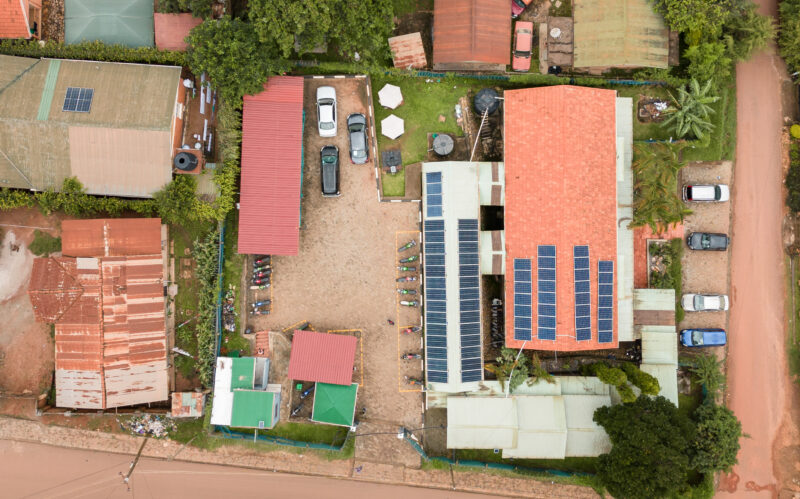
Uganda: Zembo Electric Motorcycles
Growing electric mobility infrastructure
The Zembo Electric Motorcycle Project will support the growth of the company’s electric motorcycle business in the capital, Kampala.


